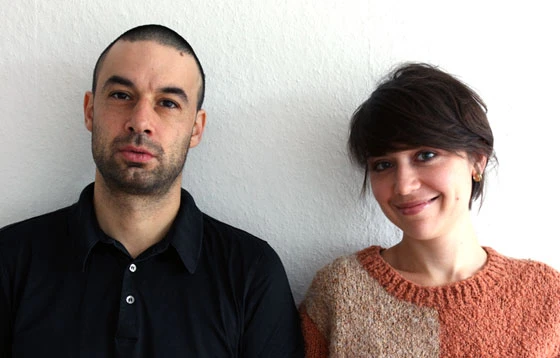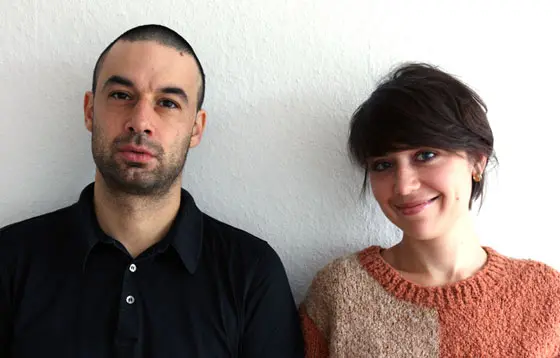
TOUCHY-FEELY
Progetti di TOUCHY-FEELY
Vedi tutti i progettiProdotti di TOUCHY-FEELY
Vedi tuttoInformazioni su TOUCHY-FEELY



Philosophy
Architect Stephanie Davidson founded touchy-feely in 2006, as part of a design practice lead with Georg Rafailidis. With a specific orientation toward haptic design, objects and spaces, touchy-feely investigates how the built environment can offer bodies more heightened sensory experiences or “sensory conversations.” Using humour, an experimental approach to materials, and an interest in incidental design, touchy-feely aims to provoke curiousity in, and more physical interaction with, the built environment.
Working directly with materials and making prototypes is central to the design process of touchy-feely. Having developed close relationships with material manufacturers and production facilities in Europe and America, Davidson and Rafailidis often work with companies to develop architectural applications for new material innovations.
To-date, touchy-feely is recognized mostly for their found space tiles, ceramic wall tiles with relief forms that are taken from people leaning against walls. Produced by the Dutch ceramics company, Cor Unum, found space tiles are designed in posture-specific clusters of two or more, and can be integrated into standard and inexpensive 15x15cm tiled surfaces.
As a design practice, touchy-feely offers a complete service package including conception, design, visualization, planning, project management and realization. As haptic design consultants, touchy-feely provides consultancy for both private clients and larger architectural projects such as hospitals, spas, rehabilitation centres and schools. touchy-feely also has experience with projects at the urban scale involving use of public space, specifically facades and public furniture.




